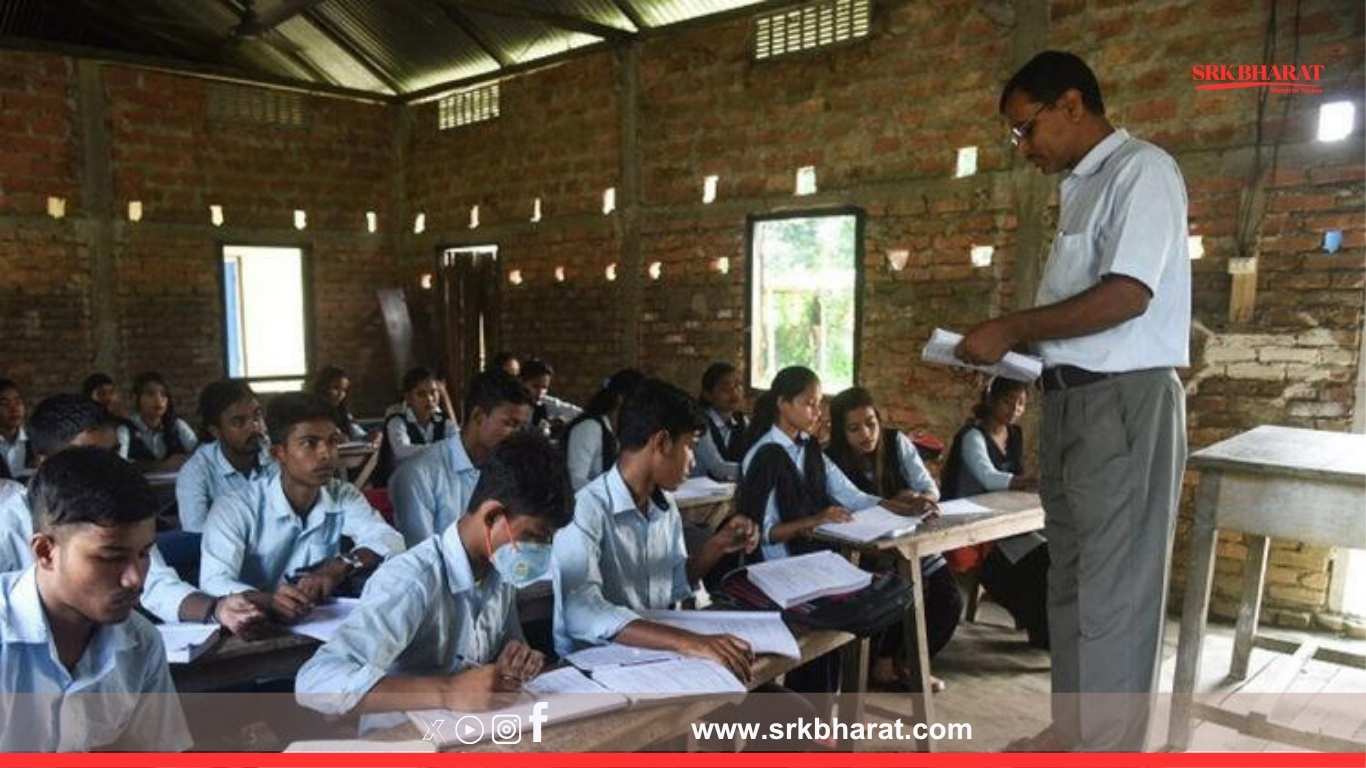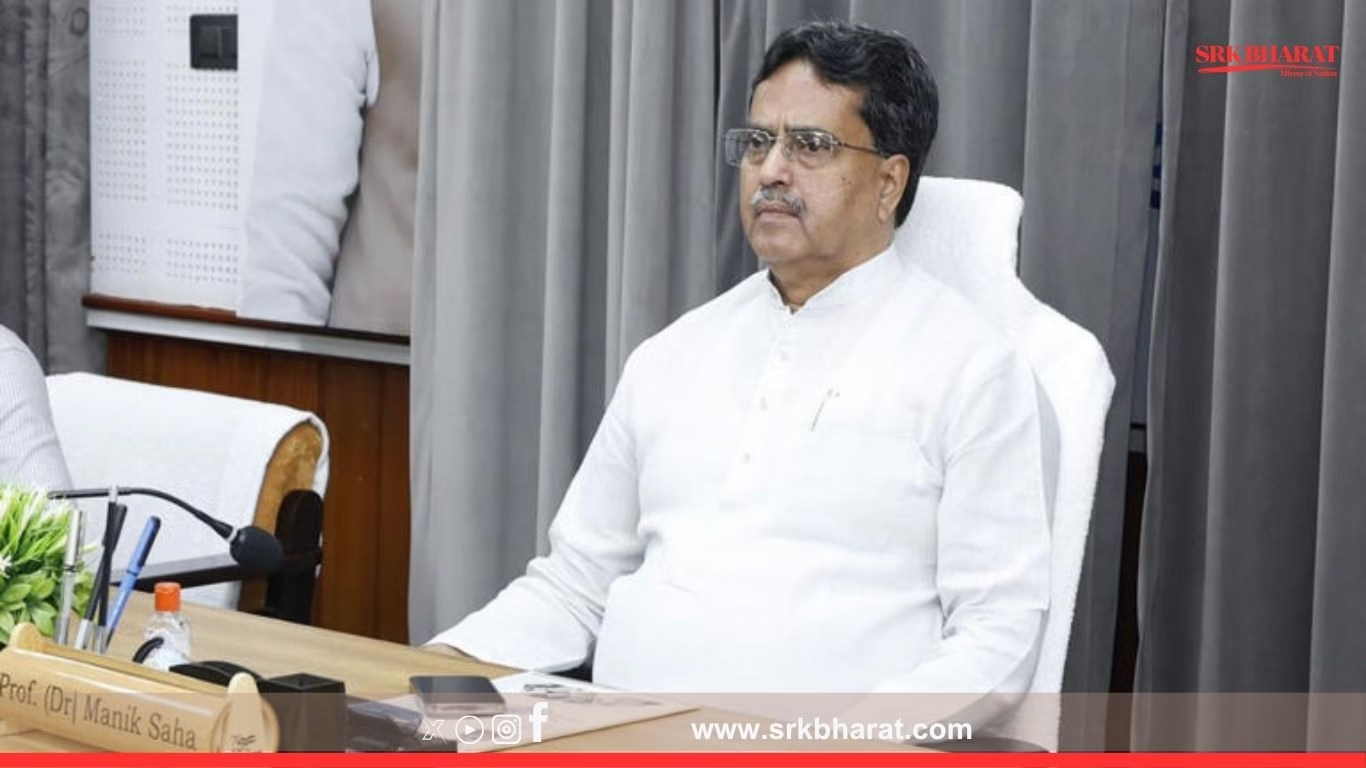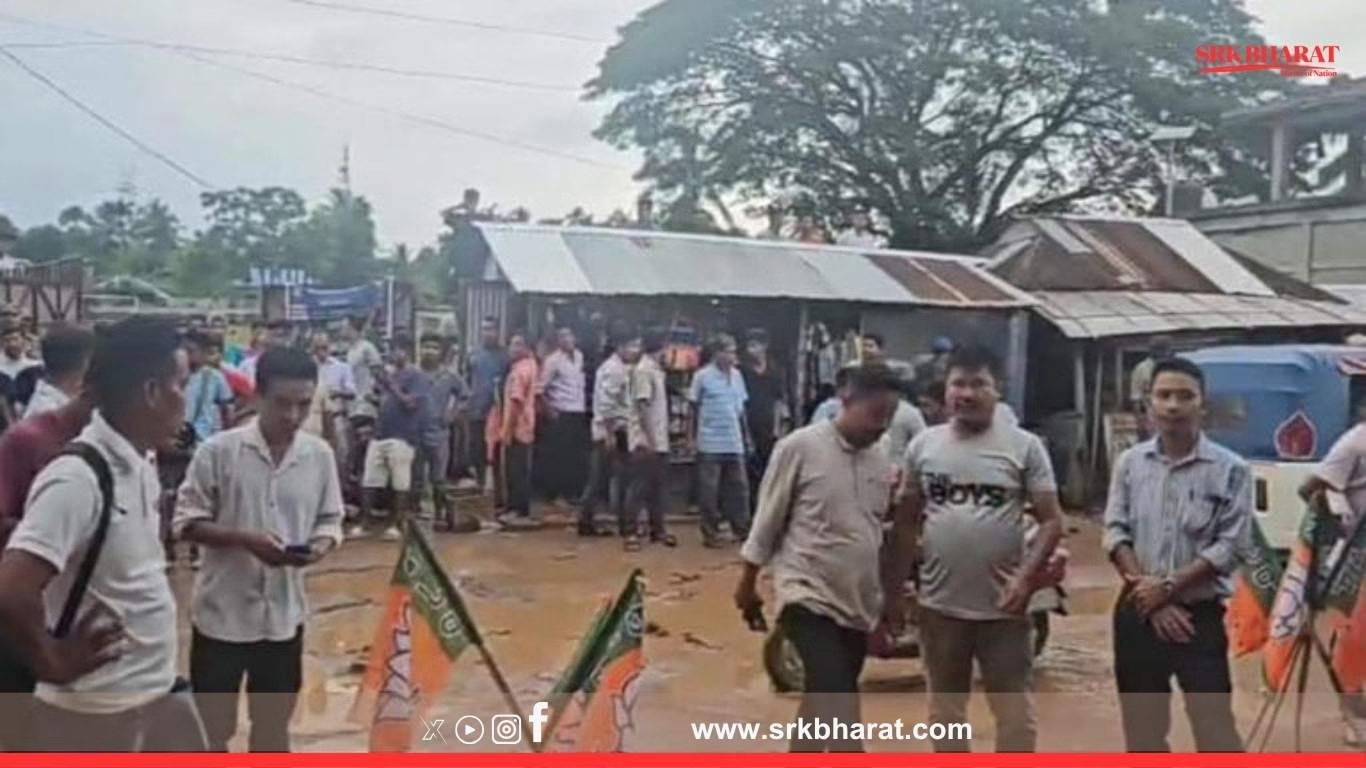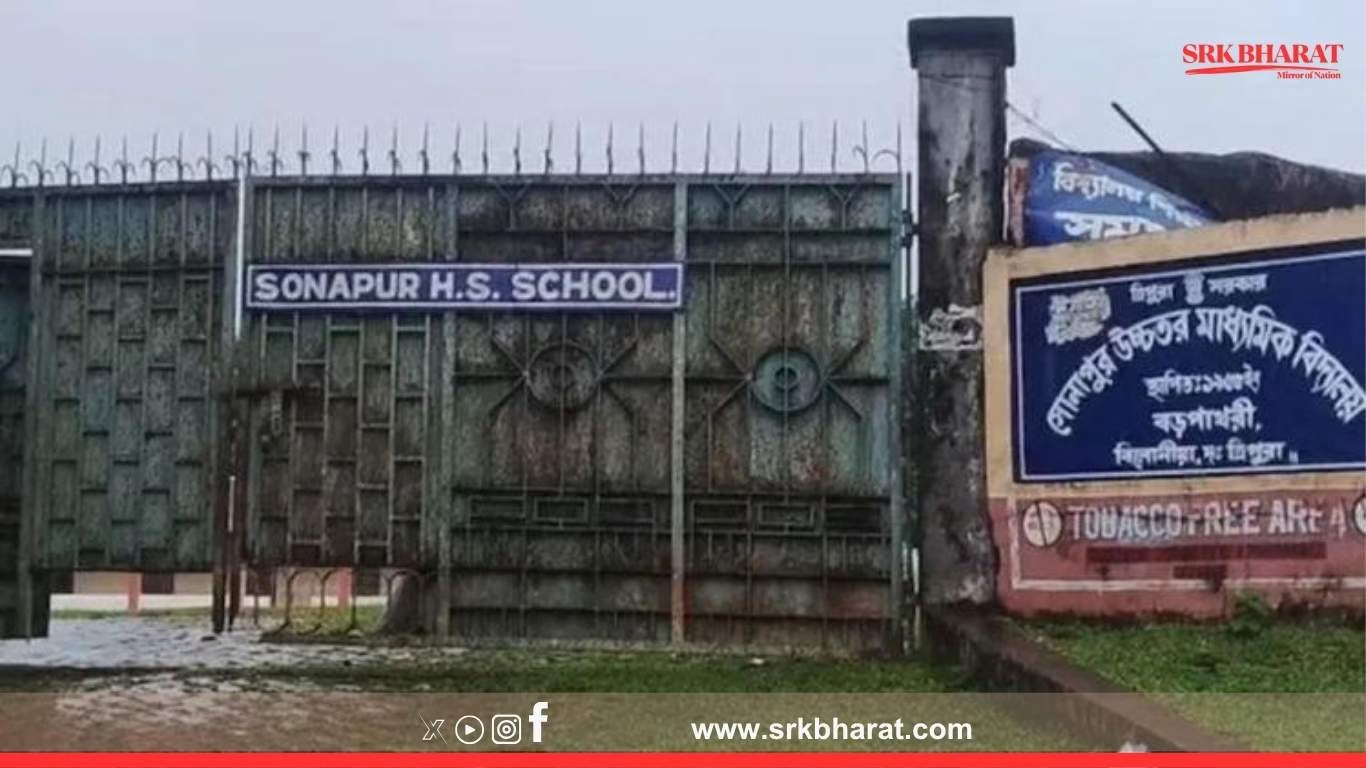In a significant administrative move aimed at ensuring punctuality, transparency, and teacher accountability, the Tripura government has mandated location sharing for all school teachers while marking attendance. The directive issued by the state’s Education Department has triggered mixed reactions among teaching staff, unions, parents, and education policy analysts.
📌 Key Features Of The New Attendance Policy
| Feature | Details |
|---|---|
| Implementation | Effective from July 5, 2025 |
| Platform | Attendance marking via the ‘Shiksha Tripura’ mobile app |
| Mandate | Teachers must share their live location to verify physical presence at the school during arrival and departure |
| Scope | Applicable to all government and government-aided schools |
| Objective | Curb absenteeism, ensure staff availability, and enhance learning outcomes |
🚀 Why Has Tripura Introduced Location-Based Attendance?
According to Education Minister Ratan Lal Nath, the decision was taken after repeated complaints from school management committees and parents regarding:
- Teachers arriving late or leaving early, especially in remote schools.
- Proxy attendance marking, affecting student learning hours.
- Poor implementation of Mid-Day Meal monitoring due to absent staff.
- Government’s larger agenda to digitalise education administration and ensure performance-linked accountability.
🗣️ Official Statement
Speaking to the press, Minister Nath said:
“We respect our teachers but public duty demands accountability. Location-based attendance ensures teachers are present in classrooms during official hours. This is not surveillance but a commitment to students.”
📲 How Does The New System Work?
The Education Department has integrated the ‘Shiksha Tripura’ app with geo-tagging features. Under the system:
- Teachers must log in via their unique ID daily.
- Location sharing must be enabled to mark ‘IN’ and ‘OUT’ attendance.
- The app records latitude-longitude data to match the school’s registered coordinates.
- Attendance marked without location match will be treated as invalid.
- Monthly salary disbursement will be linked to verified attendance data from the app.
⚖️ Teachers’ Response
However, teacher unions have raised concerns over:
- Privacy Intrusion: Mandatory location sharing is being viewed as intrusive by some educators.
- Technical Barriers: Teachers in interior tribal regions with poor internet connectivity fear attendance discrepancies.
- Administrative Trust Deficit: Educators argue that the policy projects them as untrustworthy, potentially demoralising staff morale.
✊ Reaction From Teachers’ Bodies
Tripura Government Teachers’ Association (TGTA) President, Prasenjit Debbarma, said:
“We support reforms ensuring punctuality, but geo-tracking teachers like delivery agents is unacceptable. The government must upgrade digital infrastructure first.”
👨👩👧👦 Parents’ Views
In contrast, many parents welcomed the move. Sarala Das, a parent from Dhalai district, remarked:
“Teachers often come late, affecting our children’s studies. This step will improve discipline and learning.”
🔎Teacher Absenteeism In Tripura
| Parameter | Statistics |
|---|---|
| Government schools | ~4,800 |
| Total teachers | ~38,500 |
| Teacher absenteeism (estimated by SMAs, 2023 survey) | ~14% daily average |
| Affected districts | Dhalai, Khowai, Sepahijala (highest reported cases) |
(Source: Tripura School Management Authority Report 2023)
💡 How Other States Implement Similar Reforms
- Uttar Pradesh: Uses the ‘Prerna’ app for teacher attendance with face recognition and location verification.
- Assam: Geo-tagged teacher attendance under Gunotsav monitoring.
- Jharkhand: Pilot implementation of GPS-based attendance for rural schools under Samagra Shiksha.
📈 Expected Outcomes Of The Policy
| Positive Impact | Possible Challenges |
|---|---|
| Improved punctuality and staff accountability | Data privacy concerns among teachers |
| Increased student learning hours | Internet connectivity issues in remote schools |
| Better Mid-Day Meal monitoring | Technological literacy gaps among older staff |
| Enhanced governance transparency | Potential legal challenges from unions |
🏫 Administration’s Preparedness
The Education Department has:
- Conducted training sessions for over 10,000 teachers to familiarise them with app usage.
- Collaborated with the Department of Information Technology to resolve connectivity issues in phases.
- Established a 24×7 grievance cell for teachers facing genuine technical difficulties.
✈️ Experts’ Perspective On Digital Monitoring
Prof. Debasish Banerjee, education policy analyst, Tripura University:
“Digital attendance is globally used to ensure performance accountability. However, Tripura must balance efficiency with privacy protection by building robust grievance redress mechanisms.”
💬 Political Reactions
The opposition CPI(M) called the policy:
“An administrative overreach that will demoralise the teaching community.”
In response, BJP state spokesperson Subrata Chakraborty stated:
“If teachers perform their duties honestly, there is nothing to fear.”
📊 Attendance Regularisation During Pilot Phase
Between April–June 2025, the Education Department ran a pilot in 50 schools across Gomati and West Tripura districts, recording:
- 30% improvement in average teacher arrival time
- 95% real-time attendance compliance
- Positive feedback from school management committees on improved discipline
👁️ Broader Context: National Education Policy (NEP) 2020 Goals
The initiative aligns with NEP’s vision for:
- Integrating technology to improve governance
- Ensuring teacher performance is tracked to enhance learning outcomes
- Strengthening accountability mechanisms in public schooling
📝 What Next?
- Full Statewide Rollout: From July 5, all schools will implement location-based attendance mandatorily.
- Review Meeting: Education Minister to review implementation feedback on July 20.
- Policy Revisions: Teacher grievances regarding data privacy or app errors will be considered in upcoming administrative reviews.
✅ Key Takeaways
- Tripura has mandated location sharing for teacher attendance via the Shiksha Tripura app.
- Objective: Curb absenteeism and ensure student learning is not compromised due to staff negligence.
- Challenges include privacy concerns, connectivity gaps, and teacher opposition, which the government plans to address through training and grievance cells.
- The move positions Tripura as one of the frontrunners in digitising school attendance systems, in line with NEP 2020.
📌 Disclaimer
This news content is for informational purposes only. Data has been sourced from government releases, teacher union statements, and education department officials. For official policy documents and technical guidelines, please refer to notifications by Tripura’s Department of Education.











